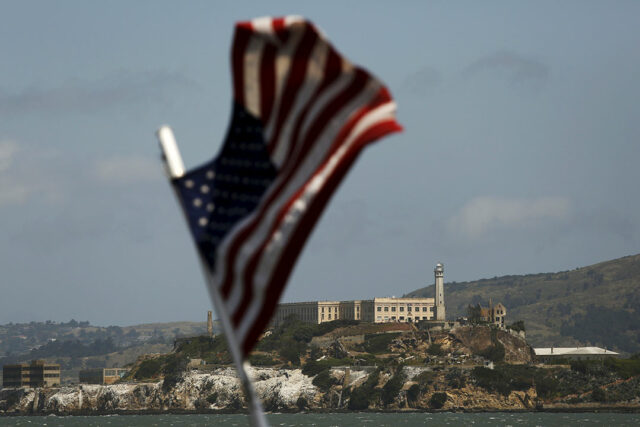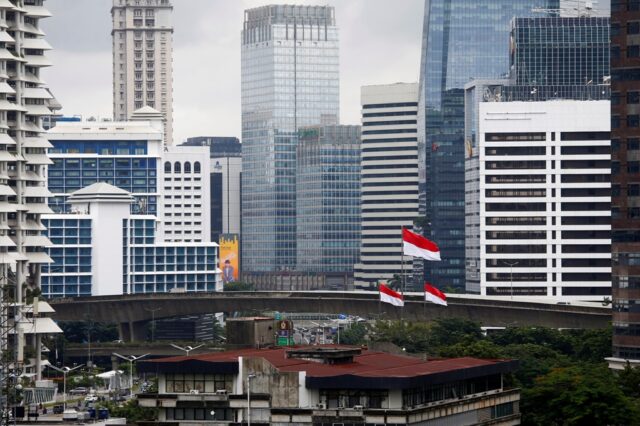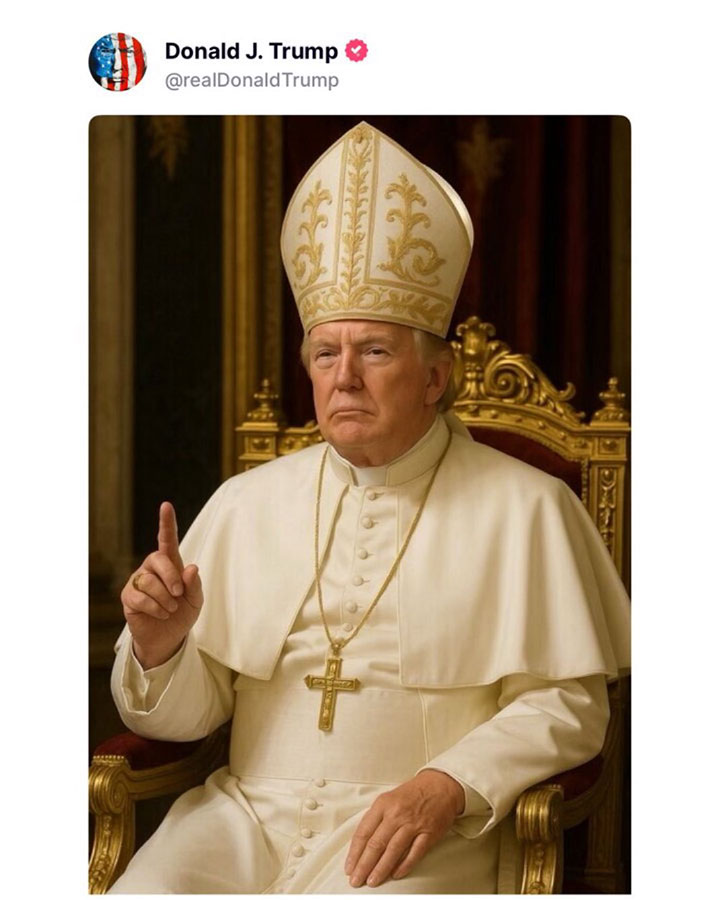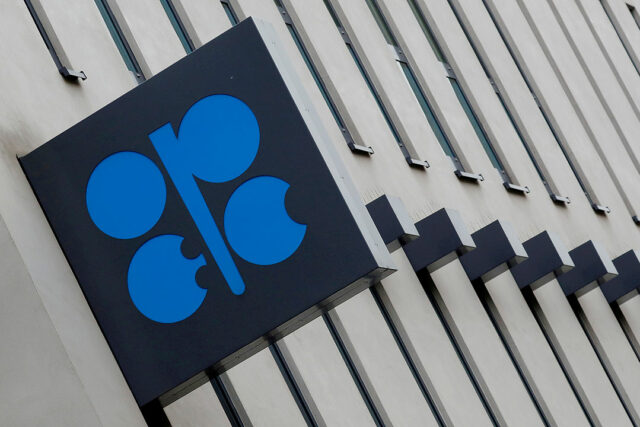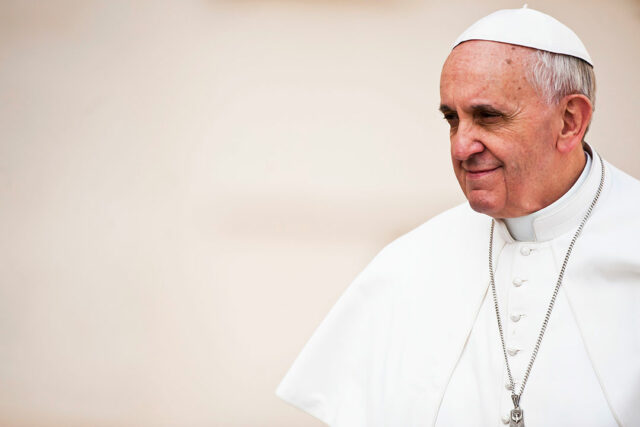VATICAN CITY — Filipino Cardinal Luis Antonio Tagle is sometimes called the “Asian Francis” because of his infectious smile, easy laugh, and spontaneity with words.
Like the late Argentine pope, he hails from a country far from the Catholic Church’s traditional power base of Europe and came to Rome with an outsider’s view.
Some who have put Tagle on unofficial short lists for the next pope say he would be a shoo-in to succeed Francis if cardinal electors who enter the secret conclave on Wednesday are looking for as close a similarity as possible in order to assertively continue Francis’ progressive streak.
If Tagle were elected, it would also likely signal to the world’s 1.4 billion Catholics that the cardinals want to go forward with Francis’ vision of generally opening up the Church to the modern world by not choosing a man who might roll back some of the late pope’s reforms.
It would also mean his fellow cardinals had shrugged off question marks over his management abilities.
“He would represent a continuity of what Pope Francis has been doing,” said Rev. Emmanuel Alfonso, a former student of Tagle’s who has known him for decades. “He’s really like Pope Francis in terms of his love for the poor, his approachability and so on.”
Tagle, the former archbishop of Manila, would be the first pope from what is now considered Asia, although in the early Church some popes hailed from what is now called the Middle East, technically part of Asia.
Tagle, who looks younger than his 67 years and likes to be called by his diminutive nickname “Chito”, has headed the Vatican’s Dicastery for Evangelization, effectively the Church’s missionary arm, for the past five years. That position gave him enormous influence over national churches in developing countries.
As archbishop of Manila, and before as bishop of the Philippine city of Imus, Tagle gained pastoral experience in running dioceses in Asia’s largest Catholic country. By bringing him to the Vatican in 2020, Francis gave him one more notch in experiences seen as helpful to papal candidates.
Tagle’s move to Rome brought criticism from then-Philippine President Rodrigo R. Duterte, who oversaw a bloody “war on drugs” that killed thousands of Filipinos during his 2016-2022 administration.
Mr. Duterte said Tagle had been removed from Manila for meddling in national politics.
The Philippine Catholic bishops’ conference denied those accusations forcefully. Bishop Pablo Virgilio David of Kalookan, a conference official made a cardinal in 2024, called Duterte’s claim “unbelievably ludicrous.”
Many cardinals already know Tagle personally, and many may see an attraction in having a pope from Asia, viewed by Church leaders as an important region of growth for the faith. Young people feel comfortable with him.
When Tagle hosted Francis for a visit to the Philippines in 2014, the visit drew the largest crowds in the history of papal travel, including a Mass that attracted up to 7 million people.
DOCTRINAL BACKGROUND
Tagle, who speaks Italian, English, and Spanish as well as his native Tagalog, now has five years of experience with the Vatican’s arcane bureaucracy, although some cardinals may think even that is not enough to run the global Church.
One possible weakness in Tagle’s candidacy is that he was involved in a management scandal three years ago.
In 2022, Francis removed him from a second job as titular head of a Vatican-based confederation of 162 Catholic relief, development and social services organizations working in more than 200 countries.
Francis fired the entire leadership of the group, called Caritas Internationalis, following allegations of bullying by top management.
Tagle’s role, akin to a chancellor of the organization, was mostly symbolic and ceremonial. He was not directly involved in day-to-day running and was generally admired by staffers.
Unlike Francis, Tagle enjoys a global reputation as a theologian, which could help him gain votes from moderate cardinals concerned by some of Francis’ off the cuff utterances, which led to what some called confusion about Church teachings.
In the 1990s, he served on the Vatican’s International Theological Commission under German Cardinal Joseph Ratzinger, who was known as a strict adherent to traditional doctrine and would later become Pope Benedict XVI.
Rev. Joseph Komonchak, Tagle’s professor at the Catholic University of America in Washington, D.C., said the cardinal was one of his best students in 45 years of teaching.
“Not the least of Chito’s virtues was the joy that he radiated on everyone who encountered him,” said Komonchak. “He had a fine sense of humor, which endeared him to his fellow students.”
Rev. Robert Reyes, a seminary classmate who has known Tagle for more than 50 years, said Tagle has an ability to connect with people and a simple style of living. When he first became a bishop in 2001, he didn’t own a car.
“He preferred to take rides, to hitch a ride with someone driving to a place that perhaps both of them were going to,” said Reyes.
While 67 is sunset age in many organizations, it is considered young in the Vatican, because few cardinals want a very long pontificate. — Reuters
